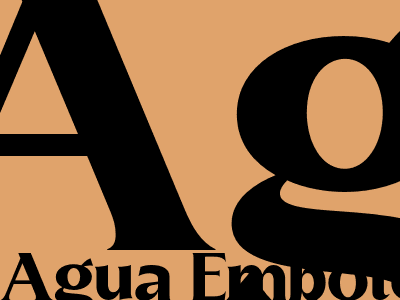
The Optimal Guide to Agua Embotellada for Health
Unveiling the Benefits and Considerations of Bottled Water
Agua embotellada, commonly known as bottled water, has gained immense popularity as a convenient and seemingly healthier alternative to tap water. However, understanding the potential benefits and drawbacks of bottled water is crucial before making an informed choice.
Advantages of Bottled Water
1. Purity and Safety: Bottled water undergoes purification processes like filtration, distillation, or reverse osmosis, reducing impurities and contaminants. This ensures a purer and potentially safer drinking water source.
2. Convenience and Accessibility: Bottled water's portability and widespread availability make it an ideal hydration option for various settings, including outdoor activities, travel, and workplaces.
3. Taste Preferences: Some individuals prefer the taste of bottled water over tap water due to differences in mineral content, filtration methods, or personal preferences.
4. Disaster Preparedness: Bottled water serves as an essential emergency supply during natural disasters or power outages when access to clean tap water may be compromised.
Disadvantages of Bottled Water
1. Environmental Impact: The production and disposal of plastic bottles pose significant environmental concerns, contributing to plastic pollution and waste. Concerns also arise regarding the energy consumption during manufacturing and transportation.
2. Cost: Bottled water can be significantly more expensive than tap water, which raises economic and accessibility concerns, particularly for low-income households.
3. Variable Quality: While regulations aim to ensure water quality, there can be discrepancies between brands and sources. It is crucial to choose reputable brands that adhere to stringent standards.
4. Potential Health Risks: Some studies suggest that certain bottled water brands may contain harmful chemicals like BPA from plastic bottles or contaminants from improper handling or storage.
Making an Informed Choice
Consider Your Needs: Evaluate your water consumption habits, health concerns, and environmental consciousness to determine if bottled water aligns with your needs and values.
Research and Choose Wisely: Thoroughly research different brands and their water sources, filtration methods, and environmental practices. Opt for reputable brands that prioritize quality and sustainability.
Balance Convenience with Environmental Impact: While bottled water offers convenience, consider minimizing its environmental impact by opting for reusable water bottles, refilling from a trusted source, or investing in water filtration systems for tap water.
Prioritize Tap Water When Possible: Municipal tap water undergoes rigorous treatment processes and is generally safe for consumption. Opting for tap water reduces environmental waste and financial burden while encouraging sustainable water practices.
Educate and Advocate: Spread awareness about the pros and cons of bottled water and advocate for sustainable alternatives. Support organizations working towards clean water access and plastic reduction.